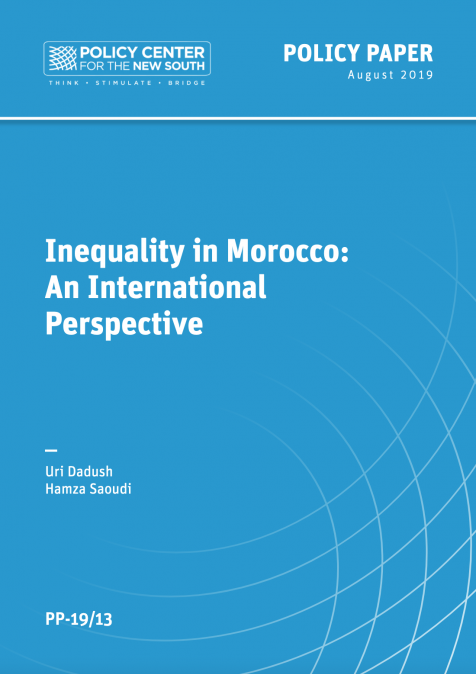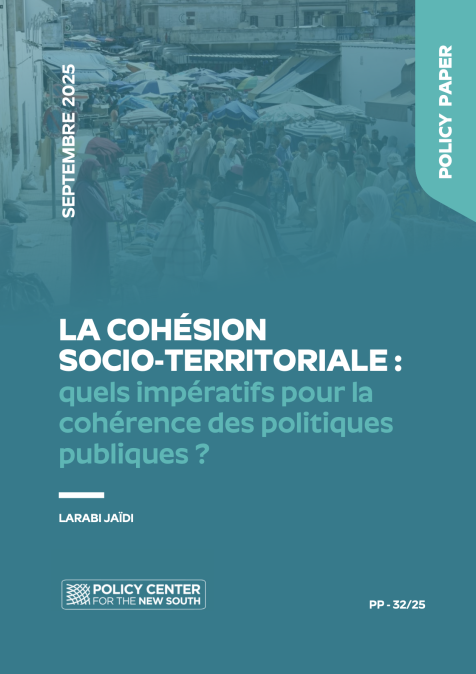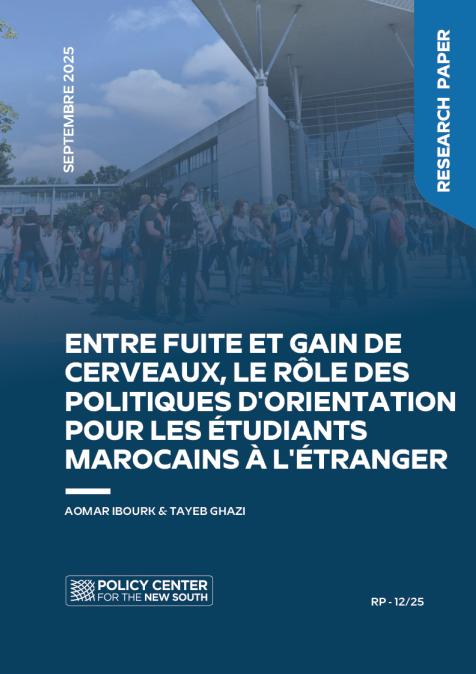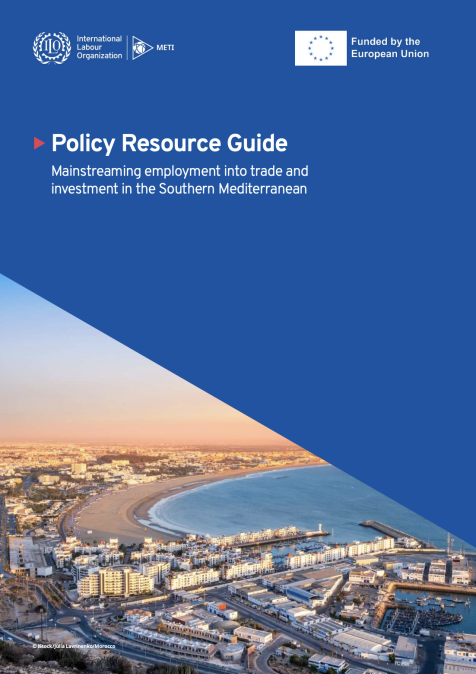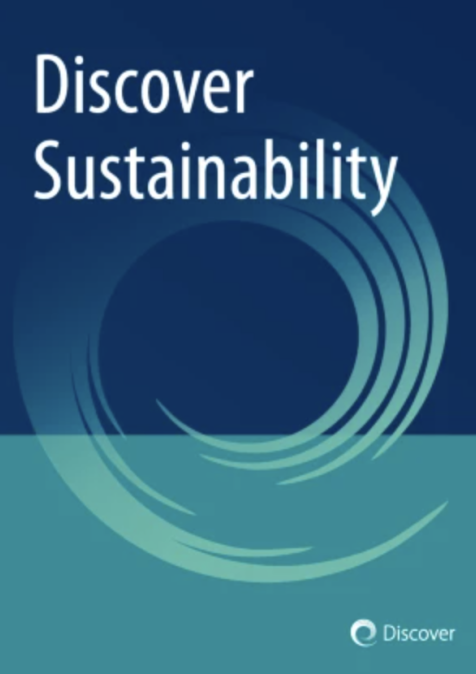Publications /
Policy Paper
Income inequality is high in Morocco. In 2013, the share of national income1 of the richest 10% in Morocco stood at nearly 32%, 12 times higher than the share of national income of the poorest 10% of the population. This paper argues that, drawing on international experience, there is much more that Morocco’s government can do to reduce inequality while at the same time enhancing growth and – possibly – doing so in a manner that is budget-neutral or even budget-positive. Top of the list are reform of Morocco’s dysfunctional educational system, and action to promote the participation of women in the labor force. Insufficient numbers of qualified workers are a key constraint on Morocco’s growth and more Moroccan women are qualified and free to work. Availability of health services needs to be more equitable across Morocco’s regions and social classes, enhancing not only the quality of life but also productivity. Morocco’s tax system can be made more progressive, inclusive and efficient, i.e. without unduly affecting incentives to work and invest. Increased competition in key sectors would both promote equality and stimulate growth. Actions to reduce corruption could have similar effects. Far better access to data on tax collection and household surveys would greatly improve understanding of inequality in Morocco and is essential for an effective government response.

